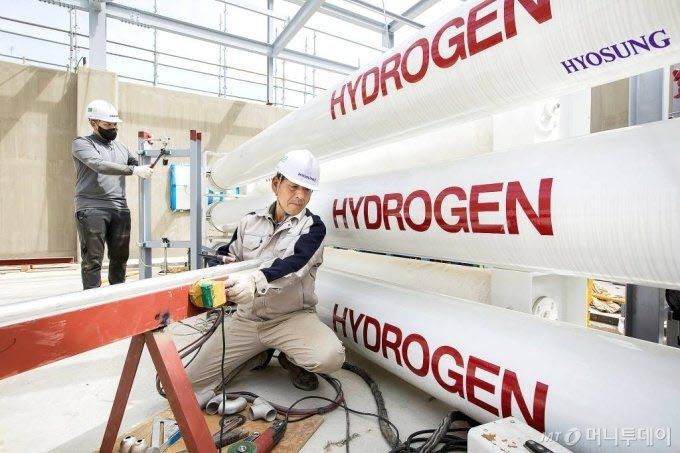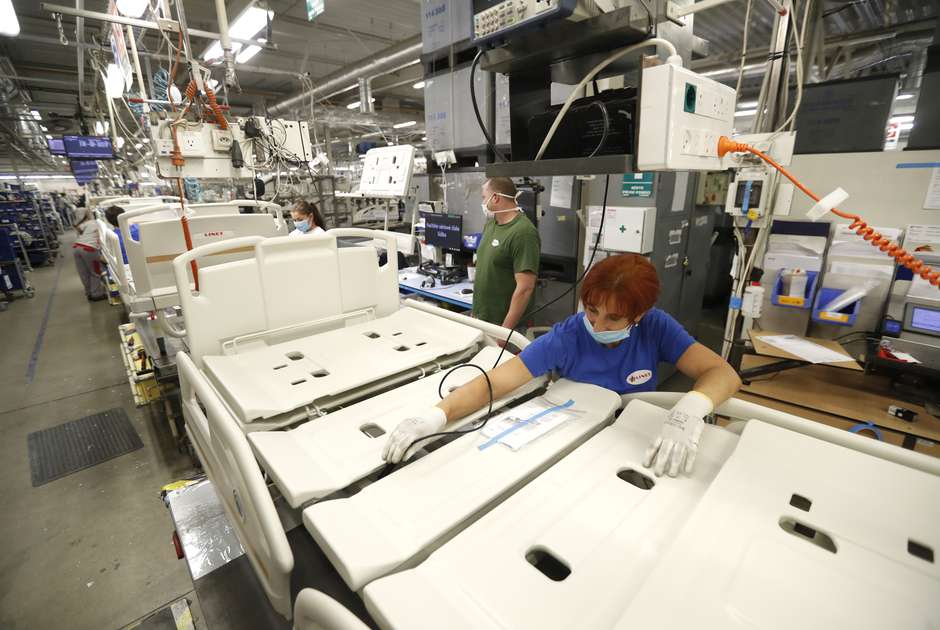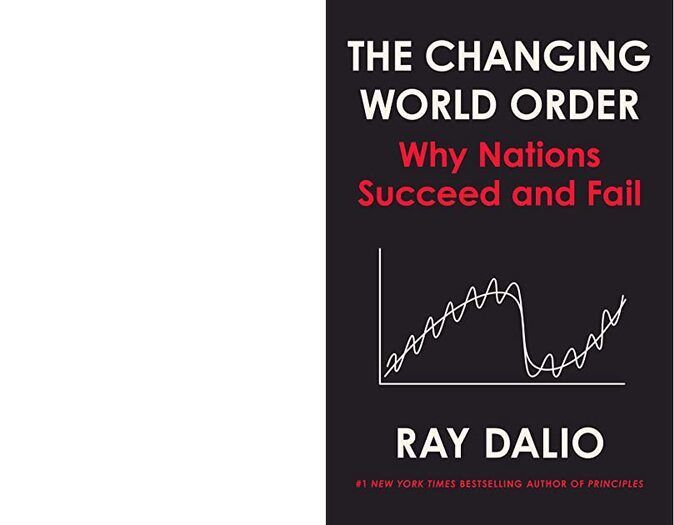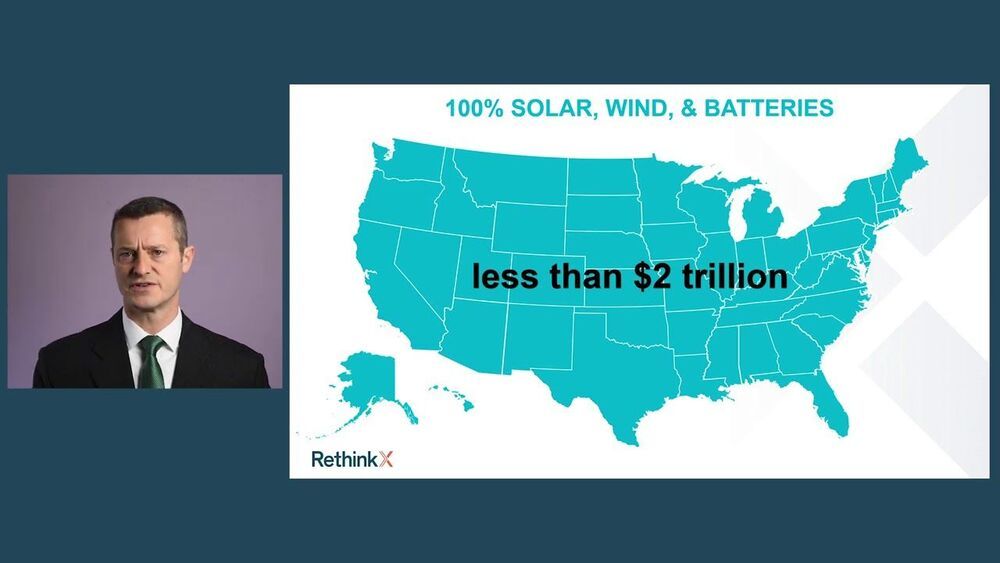Feb 7, 2021
The World Is Dangerously Dependent on Taiwan for Semiconductors
Posted by Derick Lee in categories: business, chemistry, computing, economics, transportation
That’s not to say Taiwan is the only player in the semiconductor supply chain. The U.S. still holds dominant positions, notably in chip design and electronic software tools; ASML Holding NV of the Netherlands has a monopoly on the machines needed to fabricate the best chips; Japan is a key supplier of equipment, chemicals and wafers.
U.S., European and Japanese automakers are lobbying their governments for help, with Taiwan and TSMC being asked to step in. Chancellor Angela Merkel and President Emmanuel Macron discussed the potential for shortages last year and agreed on the need to accelerate Europe’s push to develop its own chip industry, according to a French official with knowledge of the matter.
The auto industry’s pleas illustrate how TSMC’s chip-making skills have handed Taiwan political and economic leverage in a world where technology is being enlisted in the great power rivalry between the U.S. and China — a standoff unlikely to ease under the administration of Joe Biden.
Continue reading “The World Is Dangerously Dependent on Taiwan for Semiconductors” »
















